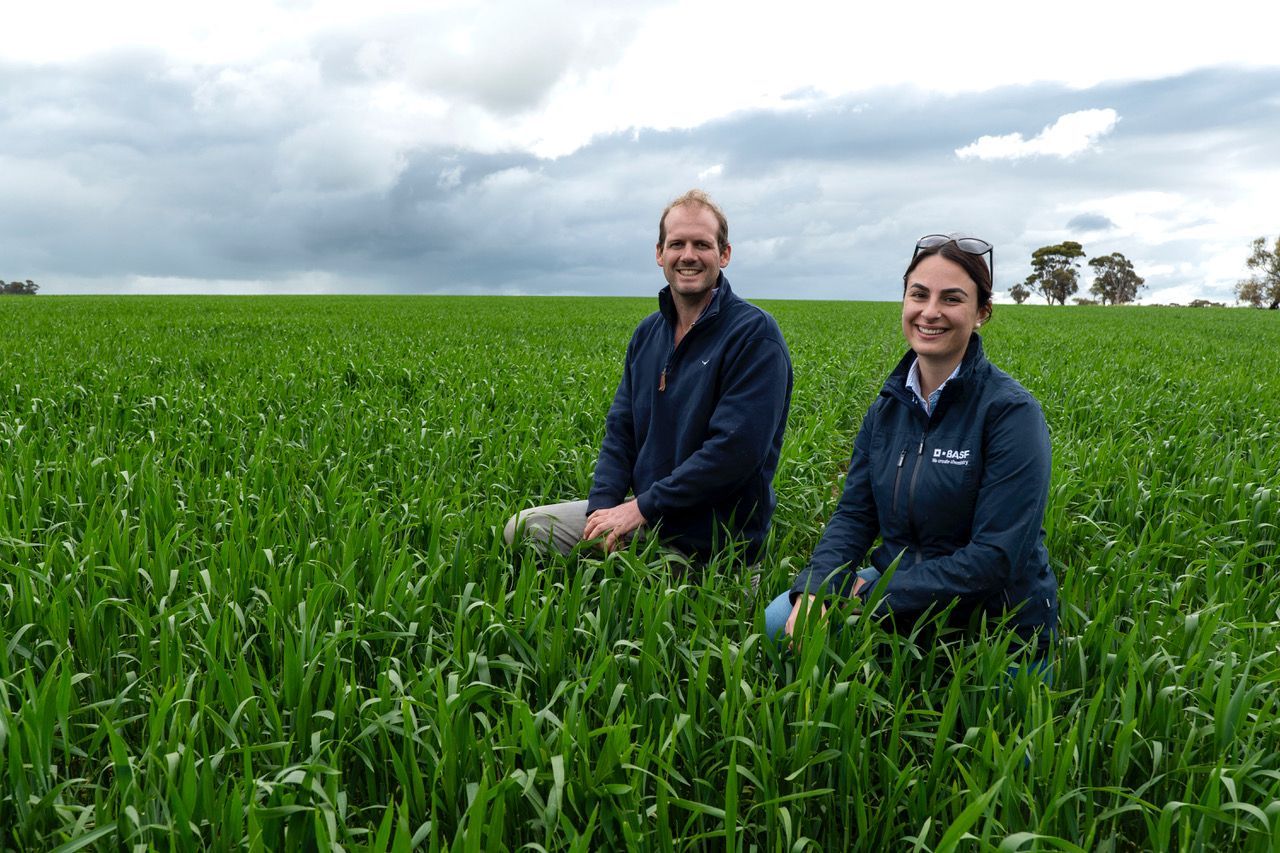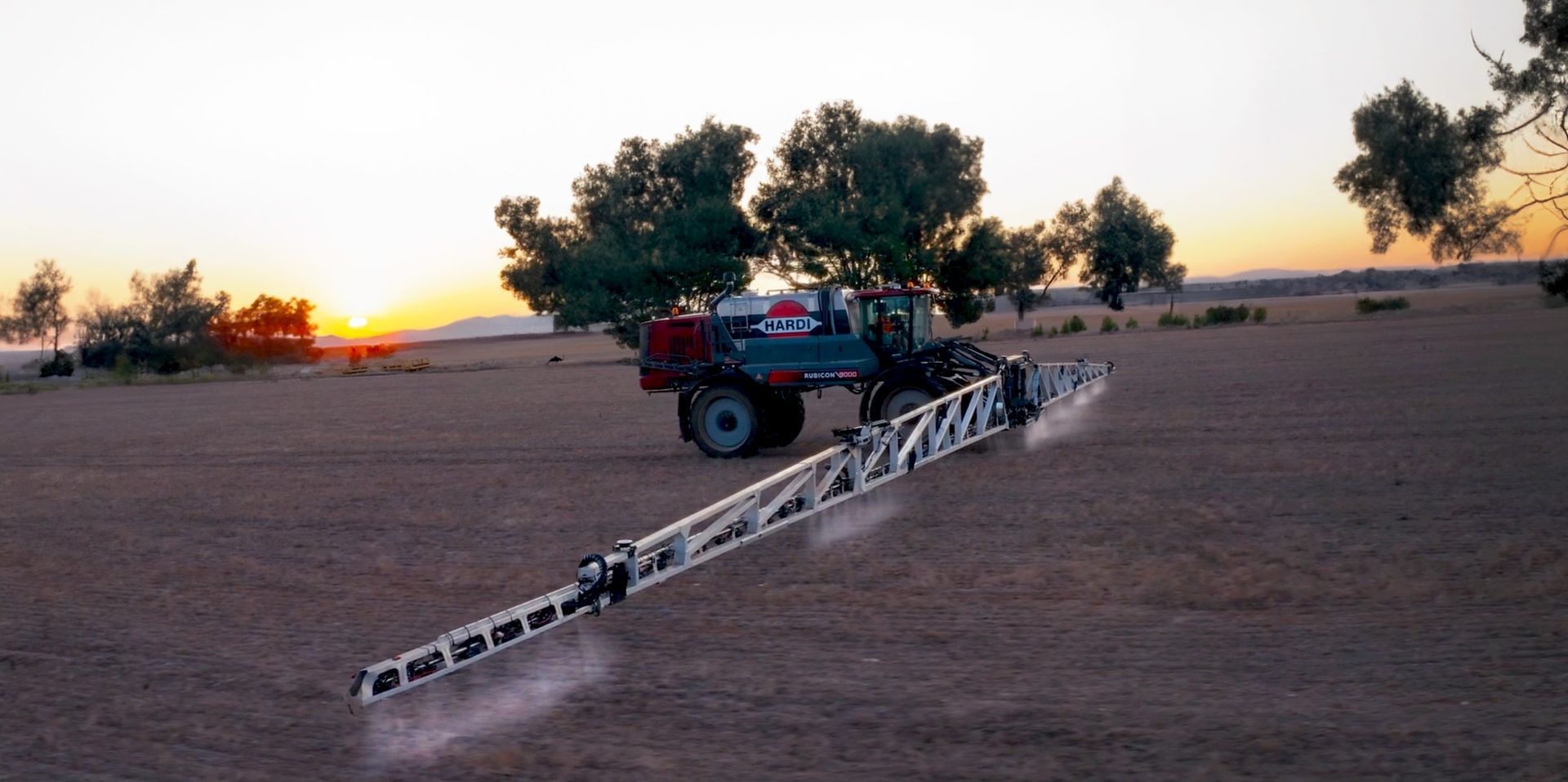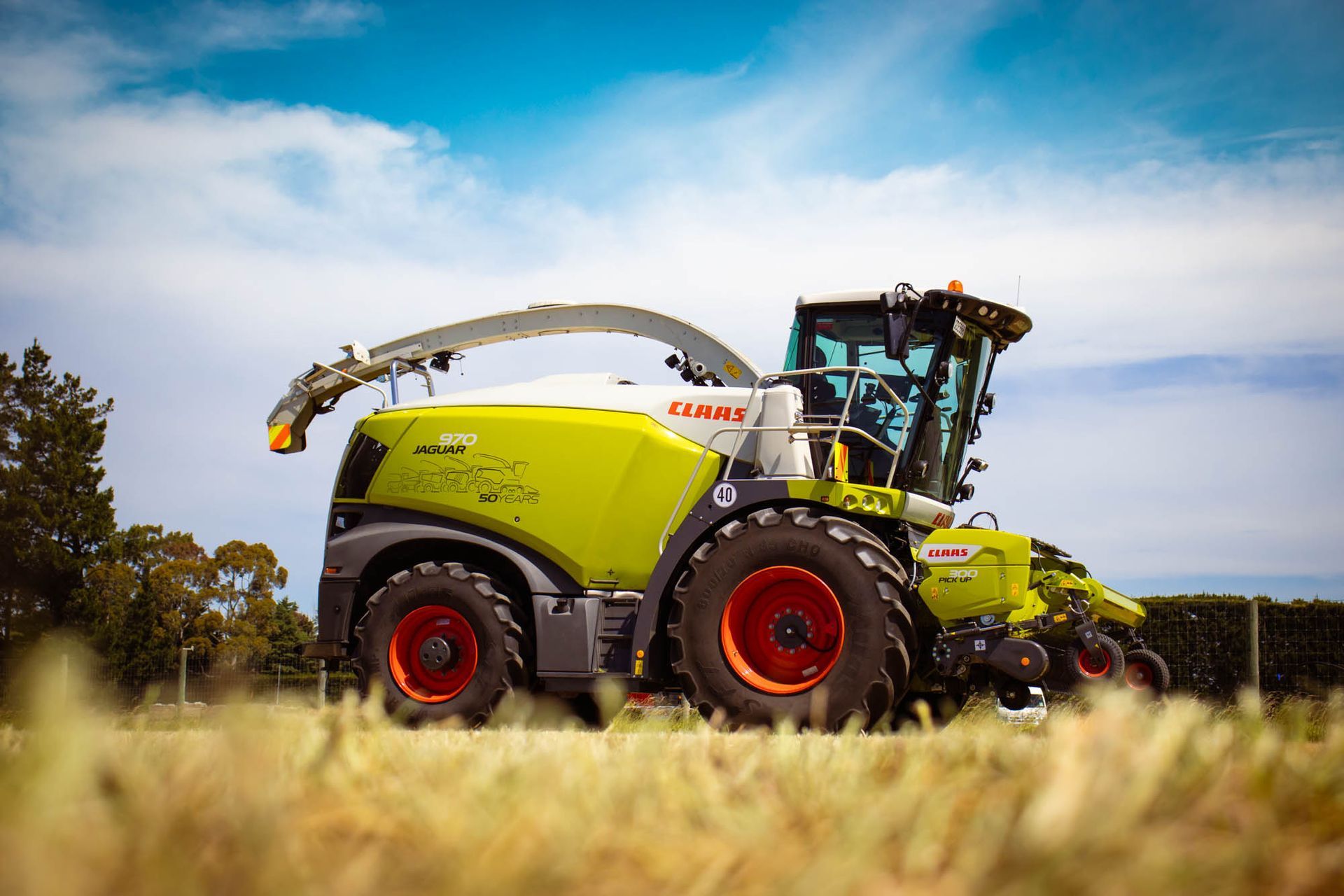Professor Matthew Gilliham, Director, Waite Research Institute, University of Adelaide.
The Future of Food Off-world and On
Agricultural research supports long-term space habitation possibilities, while accelerating sustainable food production research for Earth.
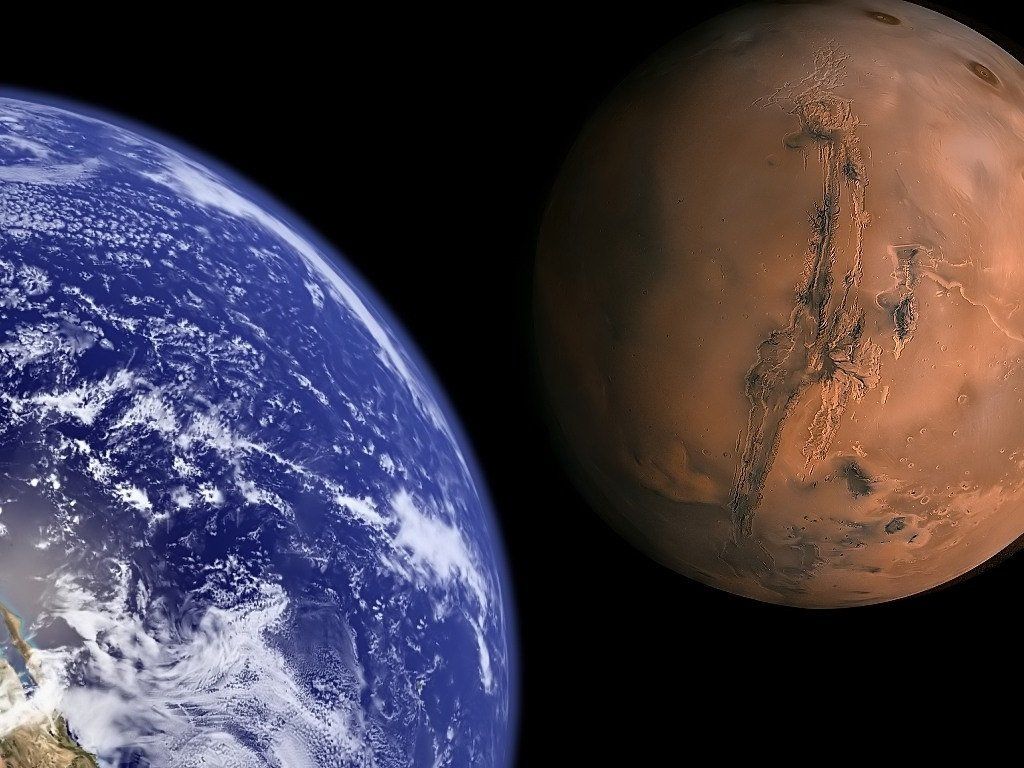
In the next five years there will be a new space station orbiting the moon, by the end of the decade a crewed lunar base will have been established, and by 2040 humans will have stepped onto the surface of Mars. These are the aspirations of Earth’s space agencies and, whilst the propulsion systems to reach our off-World targets are well-advanced, critical technologies that will ultimately enable remote human habitation lag far in development.
In particular, the challenge of providing the adequate and varied diet to ensure healthy space explorers is one of the greatest obstacles for mission planners. This is because mass and volume restrictions prevent enough food being taken on the voyage to Mars, and resource resupply from Earth is not a viable option; furthermore, even if enough food could be sent in advance, food stability of essential vitamins and nutrients for longer periods of time is not yet achievable.
Space and Mars missions provide the ultimate microcosm environment in which we will need to achieve sustainable food in a closed loop system. Everything must be supplied from the outside making waste a luxury that cannot be afforded. As such, the lens of space provides the ideal laboratory in which we can innovate to provide new opportunities for achieving sustainability on Earth. It would be remiss to not deploy the enabling technology needed to achieve this for space, here on Earth, long before humans step onto Mars surface 20 plus years from now. In light of this, the goal of supporting long-term space habitation is an opportunity to accelerate the research needed to reach sustainability on Earth.
There is a strong rationale for plants to be the ultimate base material for food production in space due to their autotrophic nature – requiring carbon dioxide, light, water and a minimal set of nutrients to produce nutrients and oxygen to support human life. In return, humans use the carbon fixed by plants as energy and complete the cycle by respiring carbon dioxide. Additionally, the intricate metabolism of plants can provide a platform to produce complex flavour molecules, nutrients, and even biomaterials such as plastics. The innovation required to provide the nutrition and biomaterials to sustain long-term space habitation, and to deploy this technology here on Earth to improve sustainability, is an area where Australia can claim to have the critical mass that would be capable of providing global leadership.
The research needed to sustain human life in space will produce nutrient rich, highly efficient plants, nutritionally fortified plant-based foods and space-ready functional materials and pharmaceuticals – all readily translatable to Earth markets. Developments in modern gene technology and zero-waste plant production in controlled environments will also result. These breakthroughs in the emergent field of plant processing would firmly establish Australian competitiveness as a leader in high-value sustainable agricultural production, as well as enabling the moonshot of the 21st Century.

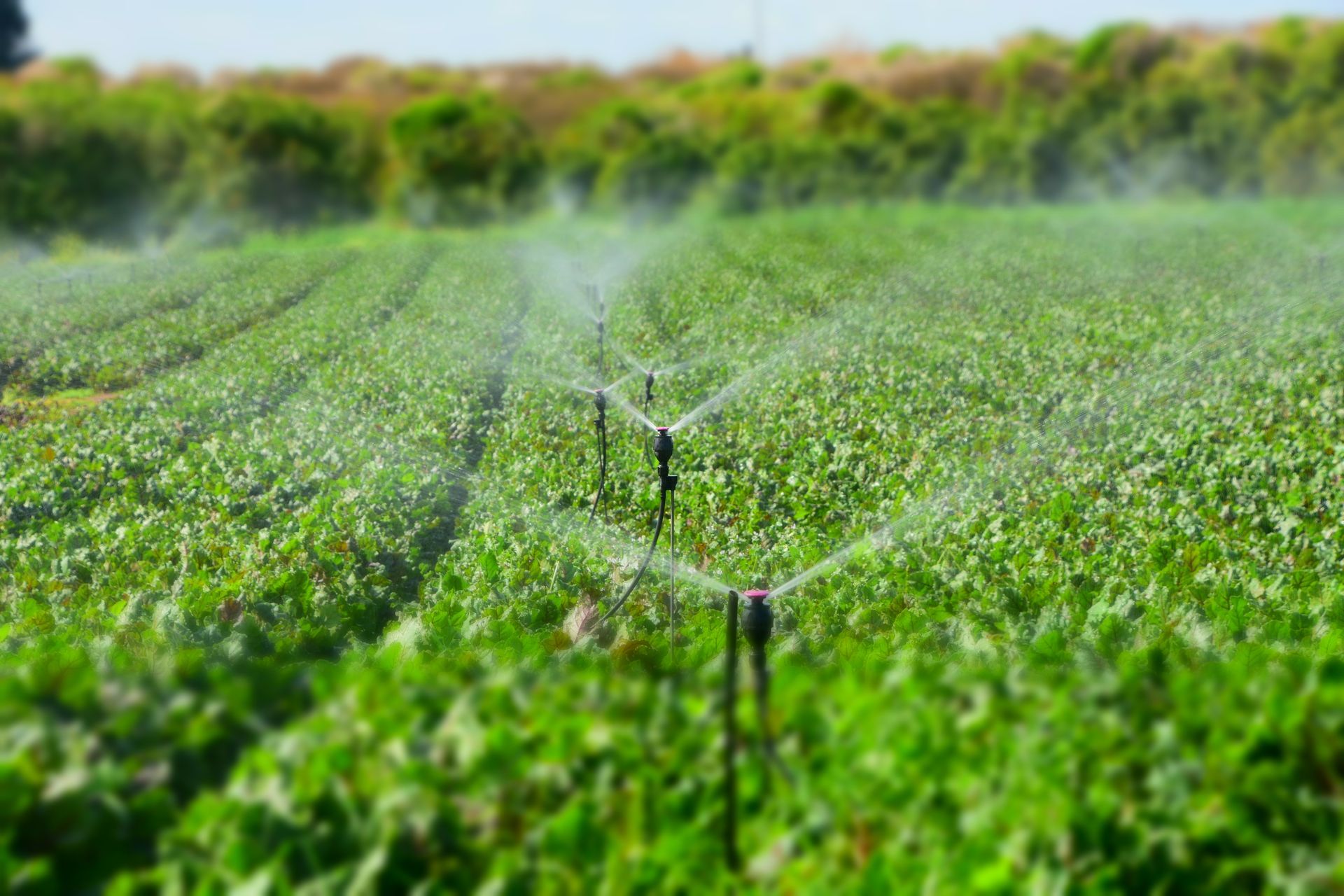
A selection of The Australian Farmer Sponsors - Click on a banner below to find out more...


